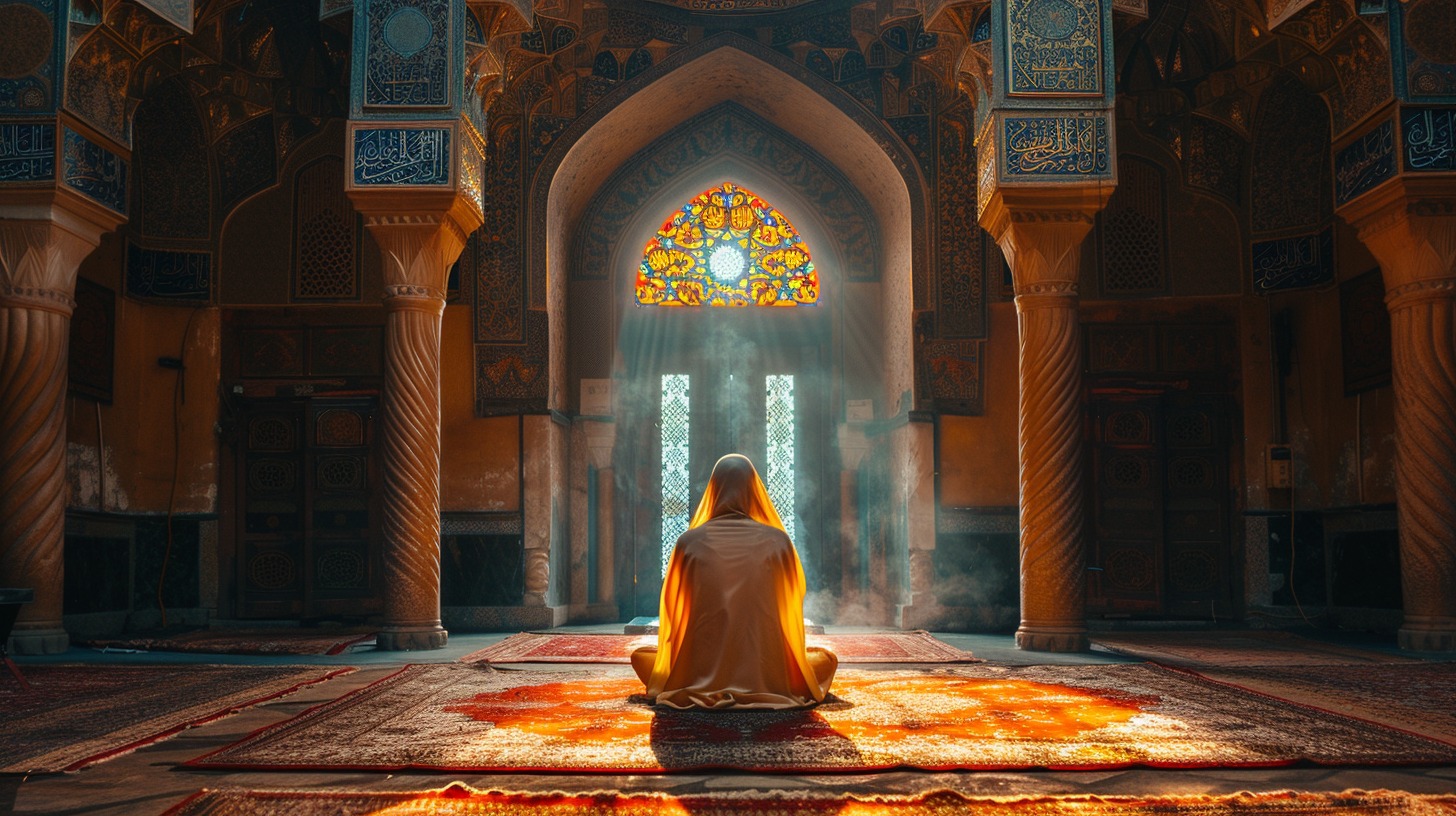
What is the importance of prayer time in Islam
A fundamental aspect of Islam is the observance of five daily prayers, each occurring at specific times known as prayer times in Islam. By adhering to these designated times, Muslims maintain a deep connection with their Creator, seek divine guidance, and express gratitude for the many blessings they receive. You can find out about the prayer times in different countries, e.g., prayer times in Cairo. But why is it so crucial to pray at these specific times, and how can one ensure they are accurately following the Islamic prayer schedule?
Let’s delve into the importance of timely prayers and the resources available to help Muslims stay committed to their spiritual responsibilities.
Understanding Islamic Prayer Schedules
Prayer, one of the Five Pillars of Islam, is a fundamental act of worship for every Muslim. The five obligatory prayers, known as Salah, are:
- Fajr
- Zuhr
- Asr
- Maghrib
- Isha
These prayers are conducted at designated times each day, dictated by the position of the sun and varying according to geographical location. Committing to these daily prayers allows Muslims to maintain their faith and deepen their connection with Allah.
Each of the five daily prayers holds unique significance, acting as a reminder of the importance of maintaining a constant connection with Allah. From the early morning Fajr prayer to the evening Isha prayer, Muslims seek refuge in Allah and express gratitude for His blessings. During these prayers, they recite verses from the Quran and send blessings upon Prophet Muhammad, reinforcing their faith and drawing closer to their Creator.
Significance and timing of the five daily Muslim prayers: Fajr, Dhuhr, Asr, Maghrib, and Isha
Fajr is performed before sunrise, symbolizing new beginnings and seeking Allah’s guidance. Dhuhr, at midday, offers a spiritual break to reconnect with Allah. Asr in the afternoon balances worldly tasks with spiritual duties. Maghrib at sunset marks the day’s end, focusing on gratitude, while Isha at night provides time for reflection and seeking Allah’s protection before sleep. Each prayer underscores commitment to faith and maintaining a strong bond with Allah.
Special Times for Worship

In addition to the five daily prayers, Islam encourages Muslims to engage in voluntary prayers (Nafl Salah) and adapt their worship during special occasions, such as performing Eid Salah. These supplementary acts of worship offer additional opportunities for spiritual growth and closeness to Allah, emphasizing the importance of keeping a strong connection with one’s Creator. For more information on prayer times, visit salaah-times.com.
Observing voluntary prayers and special prayer times not only fortifies a Muslim’s faith but also serves as a reminder of the continual need for Allah’s guidance and a means to express gratitude for His blessings. Through these special acts of worship, Muslims deepen their relationship with Allah and aspire to become better servants of their Creator.
Calculating Precise Prayer Times
Given that Islamic prayer times shift based on geographical location, it is essential for Muslims to be aware of local timings to fulfill their religious obligations accurately. The significance of locality in determining precise prayer times cannot be overstated, as it ensures that prayers are performed at the correct moments according to the sun’s position.
Tools like IslamicFinder can be utilized to calculate accurate prayer times, which consider the specific geographical coordinates of a location. By relying on these tools, Muslims can ensure they are adhering to the prescribed prayer times and fulfilling their spiritual duties promptly and correctly.
The Significance of Locality
Prayer times vary geographically, making it crucial for Muslims to be aware of local schedules to meet their religious obligations. Factors such as latitude and the sun’s position affect prayer timings, necessitating precise calculations tailored to one’s specific location.
Being attentive to local prayer times ensures that Muslims perform their daily prayers at the correct times, in accordance with Islamic teachings. Adhering to these local schedules not only maintains consistency in worship but also fosters a sense of unity among Muslims as they come together to pray in unison.


